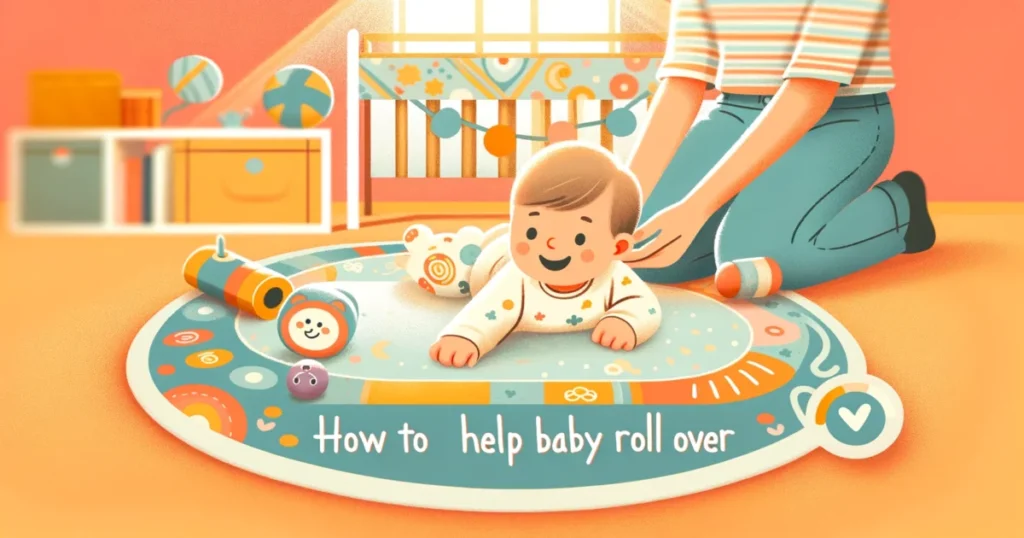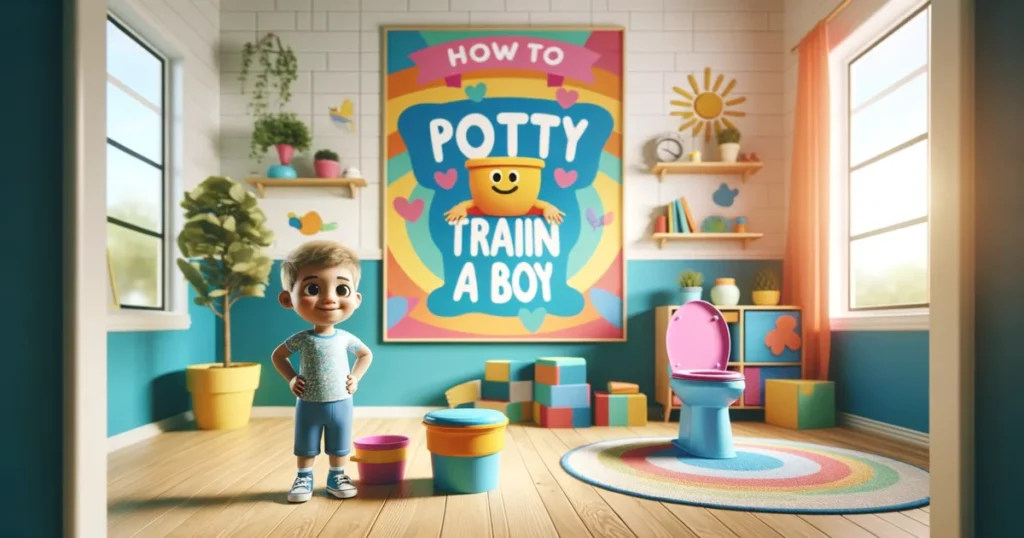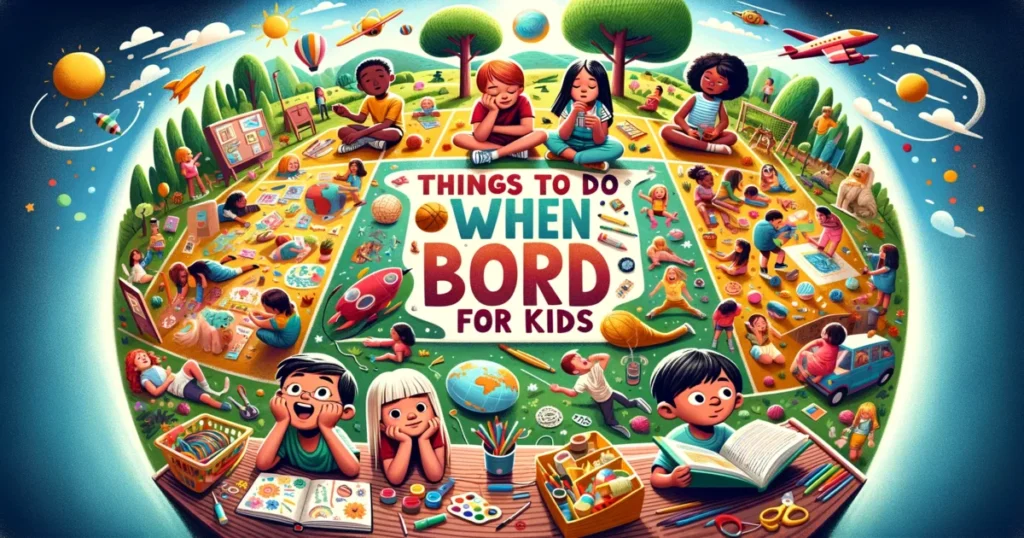Introduction:
As a parent, you’ve likely faced or will soon encounter the inevitable and curious question from your child: “Where do babies come from?” It’s a question that can catch many of us off guard. However, this guide is here to help you navigate this conversation with ease and confidence. Offering straightforward, expert-backed strategies, we’ll show you how to handle this delicate topic in a way that’s both honest and suitable for your child’s age. It’s all about turning a potentially awkward conversation into a positive, educational experience for you and your little one.

Age-Appropriate Responses to “Where Do Babies Come From”:
When your child asks, “Where do babies come from?” it’s crucial to match your answer to their age and understanding. For younger children, a simple explanation about babies growing in mommy’s tummy is often enough. As they grow older, you can gradually introduce more details, making sure it’s appropriate for their level of curiosity and understanding.
Tip: Use everyday experiences, like seeing a pregnant woman or a new baby, as opportunities to discuss the topic naturally.
Encouraging Open Communication:
Creating a comfortable environment for open communication is key. It ensures that your child feels safe asking questions and trusts you for honest answers. This approach helps make the topic of ‘Where do babies come from’ a normal part of their learning about the world.
Tip: Regularly ask your child if they have any questions about anything, showing them that their curiosity is both normal and valued.
Using Educational Resources:
Books and other educational tools can be incredibly helpful in explaining ‘Where do babies come from’ to children. They often present information in a child-friendly manner that is both engaging and informative.
Tip: Visit your local library or bookstore and choose books about family and birth that are designed for children, reading them together and discussing any questions they might have.
Sharing Family Values:
Talking about where babies come from opens the door to discussing your family’s values regarding love, relationships, and life. This discussion can shape how your child views these topics as they grow. It’s a chance to instill values like respect, kindness, and understanding in the context of relationships and family planning.
Tip: You can say, “In our family, we believe that bringing a baby into the world is a decision made with a lot of love and care.”
Being Honest and Clear:
Honesty builds trust. When children ask, “Where do babies come from?” they deserve factual answers. It’s okay to simplify complex topics, but avoid fabricating stories as they can lead to misconceptions. If the question is beyond their age, gently tell them you’ll discuss more as they grow older.
Tip: Use phrases like, “That’s a great question! The simple answer is…” and then provide a basic, truthful explanation.
Preparing for Adolescence:
Early conversations about where babies come from set a foundation for future discussions about puberty and adolescence. This makes those future conversations easier and more natural.
Tip: Introduce basic concepts about the human body and its changes in a simple, straightforward way.
Fostering Emotional Development:
Understanding where babies come from helps children grasp concepts of care, love, and empathy. It’s an opportunity to discuss the emotional aspects of bringing a new life into the world, and the responsibilities that come with it.
Tip: Involve them in caring for younger siblings or family pets to practically demonstrate caring and empathy, linking it to how families care for babies.
Sparking Curiosity in Learning:
Children’s curiosity about baby origins can be a springboard into the fascinating world of biology and nature. It’s a chance to teach them about the miracles of life in a scientific yet captivating manner.
Tip: Engage in activities like planting a seed and watching it grow, comparing it to how a baby grows, to make the learning process interactive and fun.
Teaching Privacy and Respect:
It’s essential to teach children that while it’s good to ask questions, some topics like ‘Where do babies come from’ are best discussed privately within the family or with close adults.
Tip: Explain that conversations about our bodies are private and should be discussed in a safe and comfortable space.
Handling Public Questions About “Where Do Babies Come From”:
Children may innocently ask about “Where do babies come from” in public places like stores or social gatherings, which can be a bit awkward. Having a pre-arranged strategy helps manage these situations gracefully.
Tip: Establish a ‘talk about it later’ signal, like a gentle tap on the shoulder or a specific word, ensuring both you and your child remember to revisit the question in private.

Table: Age-Wise Guide to Answering ‘Where Do Babies Come From’
Navigating the ‘Where do babies come from’ question can be smoother with this age-wise guide. It’s all about giving just the right amount of information at each stage, ensuring your child feels informed and comfortable. Here’s a simple table to help you tailor your responses to their age and understanding.
| Age Group | Suggested Response |
|---|---|
| 2-4 years | “Babies grow in a special place in mommy’s tummy.” |
| 5-7 years | “Babies are made when a mommy and daddy love each other a lot and decide they want to have a child.” |
| 8-10 years | “Babies are created when a sperm from the daddy and an egg from the mommy come together.” |
This table is a starting point. You know your child best, so feel free to adjust the language to what feels most natural and appropriate for your family.
Facts and Figures for Where do babies come from
Let’s look at some facts and figures to understand better why answering ‘Where do babies come from’ effectively is important for a child’s development:
- Early Education: A study reveals that children who receive age-appropriate answers to questions like ‘Where do babies come from’ tend to develop a healthier understanding of their own bodies and relationships.
- Parent-Child Bonding: Research indicates that children who have open and honest conversations with their parents about topics like ‘Where do babies come from’ feel more connected and secure in their family relationships.
- Impact on Curiosity: Statistics show that children’s natural curiosity, when nurtured with clear and honest information, leads to a higher interest in learning and exploration.
FAQs: Addressing Common Questions
Here are some FAQs to help parents navigate through the ‘Where do babies come from’ conversation:
Q: How detailed should my explanation be for a young child?
Keep it simple and straightforward. Younger children usually require just a basic understanding, like “Babies grow in a special place in mommy’s tummy.”
Q: My child asked about ‘Where do babies come from’ in public. How should I handle this?
Gently let them know that it’s a conversation for later when you’re in a private setting. You can use a pre-agreed code word or phrase to signal this.
Q: What if I’m uncomfortable discussing this topic?
It’s normal to feel uneasy. You might start by reading a children’s book on the topic together, which can help guide the conversation and make you feel more comfortable.
Final Thoughts on Where do babies come from
In wrapping up our guide on how to answer ‘Where do babies come from’, remember that this conversation is an essential part of your child’s growth and understanding of the world. Approach it with honesty, simplicity, and openness. This not only helps in building trust but also strengthens your bond with your child. It’s about creating a safe space for them to learn and be curious.
- Always tailor your response to your child’s age.
- Foster open and honest communication.
- Use educational resources as aids.
- Integrate your family values into the conversation.
- Approach public questions with a plan.

By following these tips, you’ll turn the ‘Where do babies come from’ question from a challenging moment into an opportunity for learning and connection.
Want to learn more about Parenting? Click here to read our easy tips on our blog!
- Things to Do When Bored for Kids: Creative Parenting Ideas
- How to Be a Good Mom | 10 Tips on Becoming a Better Mother
- How to Help Baby Roll Over | Tips to Teach a Baby To Roll Over
- 10 Tips to get your Child to Stop Touching themselves | Parenting
- How to Dress Baby for Sleep in Winter | Right Sleepwear for Kids


